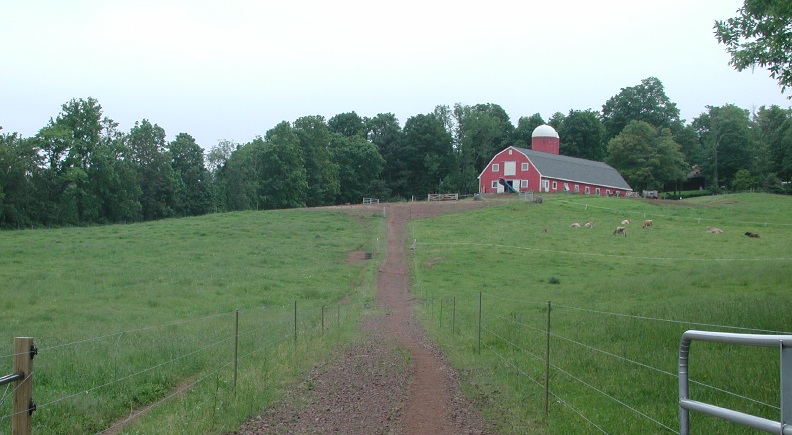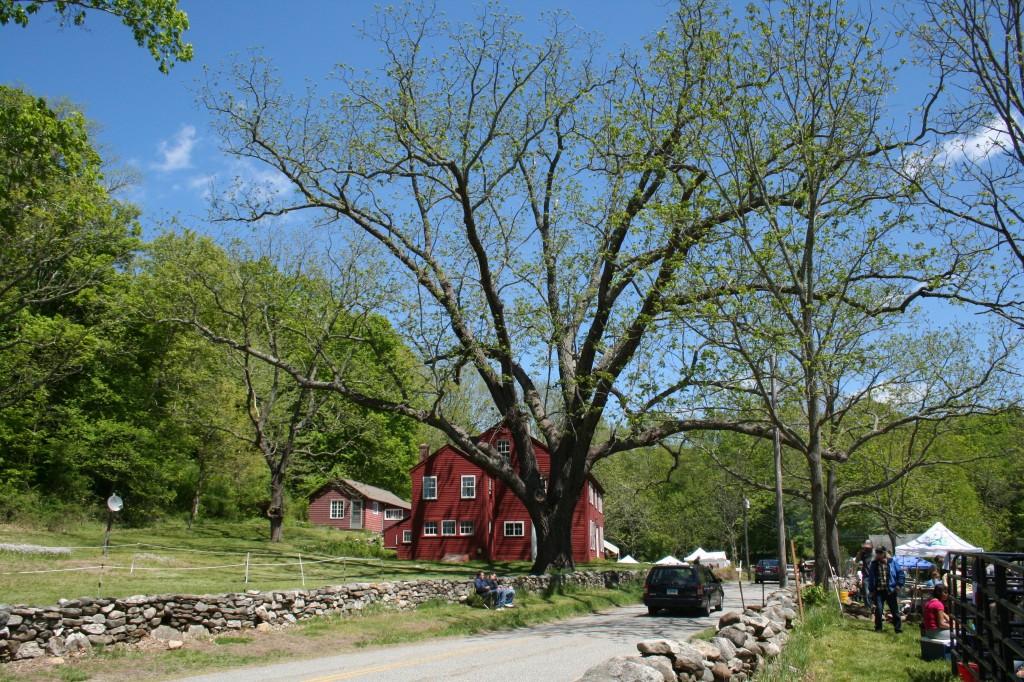Reviczky Appointed CT Commissioner of Ag

Steven Reviczky has been named Commissioner of Agriculture for the State of Connecticut by Governor-Elect Dan Malloy.
Reviczky currently serves as the executive director of the Connecticut Farm Bureau Association, a non-profit statewide organization with more than 5,000 member families dedicated to “farming and the future of Connecticut agriculture.”
Agriculture in Connecticut is a $3.5 billion industry, and is directly linked to more than 20,000 jobs in the state.
“Steven Reviczky is well-known and well-respected in Connecticut's agriculture community, and his leadership at the Department of Agriculture will be invaluable to the thousands of family farms across our state,” said Governor-Elect Malloy. “Recently, his work helping to keep Connecticut's $1.1 billion dairy industry active and vibrant has protected more than 4,000 jobs and contributed to our state's economic well-being. I'm looking forward to working with him.”
“I welcome the opportunity and challenges of this new role,” said Reviczky. “Preserving Connecticut's farmland, increasing the availability of Connecticut grown food and products and helping the state's family farms thrive have been my priorities and I'm eager to continue that advocacy when I return to the Connecticut Department of Agriculture.”
“We wish Steve well in his new position as Agriculture Commissioner for the State of Connecticut. We’re disappointed that he’s leaving the Connecticut Farm Bureau where he has been a strong voice for our state’s $3.5 billion agriculture industry, but I cannot think of a better person for Governor Malloy’s staff. I look forward to continuing to work with him in his new position to help enhance the economic viability of agriculture and protect farmland in Connecticut,” stated Don Tuller, president, Connecticut Farm Bureau Association.
Prior to his time at the Connecticut Farm Bureau Association, Reviczky was a property agent with the Connecticut Department of Agriculture's Farmland Preservation Program. In that role, Reviczky led in the evaluation, investigation and negotiation of applications to the Farmland Preservation Program and prepared Connecticut's proposals for funding under the U.S. Department of Agriculture Farm and Ranch Lands Protection Program. In addition, he conducted farm reviews and inspections to ensure compliance with development rights deed covenants, state statutes and regulations for protected farmlands.
Reviczky has also served as the agency representative to the State of Connecticut Council on Soil and Water Conservation, the Quinebaug-Shetucket Heritage Corridor Natural Resources/Agriculture Committee, and the Farm Transfer & Farm Succession Working Group.
Reviczky is a former First Selectman in Ashford. He graduated from Eastern Connecticut State University with a degree in Public Policy & Government.
“Conservation is a state of harmony between men and land. By land is meant all of the things on, over, or in the earth. Harmony with land is like harmony with a friend; you cannot cherish his right hand and chop off his left. That is to say, you cannot love game and hate predators; you cannot conserve the waters and waste the ranges; you cannot build the forest and mine the farm. The land is one organism. Its parts, like our own parts, compete with each other and co-operate with each other. The competitions are as much a part of the inner workings as the co-operations. You can regulate them – cautiously – but not abolish them.
“The outstanding scientific discovery of the twentieth century is not television, or radio, but rather the complexity of the land organism. Only those who know the most about it can appreciate how little we know about it. The last word in ignorance is the man who says of an animal or plant: ‘What good is it?' If the land mechanism as a whole is good, then every part is good, whether we understand it or not. If the biota, in the course of eons, has built something we like but do not understand, then who but a fool would discard seemingly useless parts?”
– Aldo Leopold, Round River



